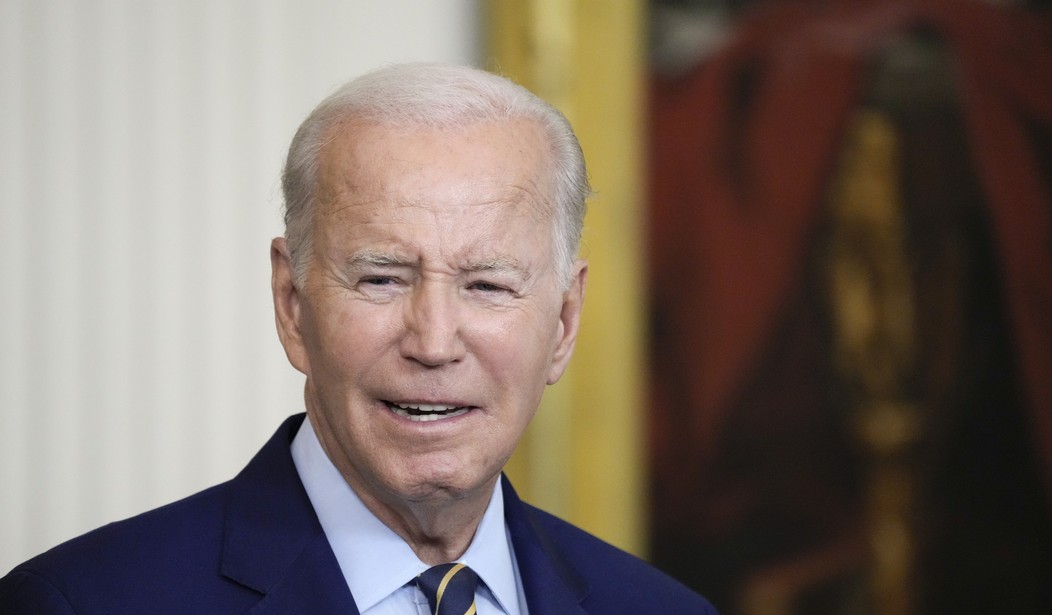After it was reported on Thursday that Iran had transferred five Iranian Americans from prison to house arrest, it became clear that a deal between the Biden administration and the radical Islamist state had been reached — which would include billions of dollars of frozen Iranian assets in exchange for the Americans.
This again raises the question — which we’ll tackle later in the article: Should the United States pay ransom to rogue states and others for the release of captured Americans?
Anyway, sure enough, the United States and Iran have reached an agreement in which the Islamist regime will free the five Americans in exchange for several Iranian nationals serving prison sentences for violating U.S. sanctions on Iran — and unfreeze $6 billion of Iran’s assets in South Korea, which will be transferred to an account in the central bank of Qatar.
The account will reportedly be controlled by the government of Qatar and regulated so that Iran can only access the money for “humanitarian purchases, such as medicine or food.” Uh-huh.
The U.S. prisoners include Siamak Namazi, Emad Sharghi, and Morad Tahbaz, all of whom the Biden administration claims were wrongfully detained on bogus spying charges. The names of the other two have been withheld by their families — one of whom is reportedly a scientist, and the other one a businessman.
National Security Council spokesperson Adrienne Watson said in a statement:
We will continue to monitor their condition as closely as possible. Of course, we will not rest until they are all back home in the United States. Until that time, negotiations for their eventual release remain ongoing and are delicate. We will, therefore, have little in the way of details to provide about the state of their house arrest or about our efforts to secure their freedom.
In other words, it appears that Iran still holds all the cards, with the Biden administration effectively self-neutered — despite the $6 billion that the mullahs in Tehran desperately want to get their hands on.
State Department spokesman Matthew Miller also released a statement.
We are relieved to learn that Iranian authorities have released five U.S. citizens — Siamak Namazi, Morad Tahbaz, Emad Sharghi, and two individuals who at this time wish to remain private — from prison to house arrest. We are in touch with the families of U.S. citizens involved, and we continue to monitor these individuals’ health and welfare closely.
While we welcome the news of these individuals’ release from prison to house arrest, they should never have been imprisoned in the first place. We continue to work diligently to bring these individuals home to their loved ones. They must be allowed to depart Iran and reunite with their loved ones as soon as possible.
Same story, different words.
National Security Council spokesman John Kirby said in May that “There are wrongfully detained Americans elsewhere around the world, and we’re working on that very, very hard,” which takes us back to my earlier question: Should the United States make ransom payments in exchange for wrongfully-detained citizens?
The answer is a tough one, depending on who answers it.
Needless to say, if the U.S. is willing to pay for the release of Americans, the world’s bad guys will be incentivized to detain our citizens based solely on the belief that ransom money will be forthcoming in exchange for their release. On the other hand, the loved ones of those captured, of course, have an entirely different respective — and rightly so.
So what’s the right answer? I don’t believe there exists a singular “right” or “wrong” answer.
While every unlawful detention of an American citizen by a foreign adversary is problematic at best, the circumstances of each occurrence vary. That said, while ransoms might be paid and other demands met, the United States government should never fold up like a cheap suit.
Unfortunately, that ship sailed in the Biden administration early on.














Join the conversation as a VIP Member